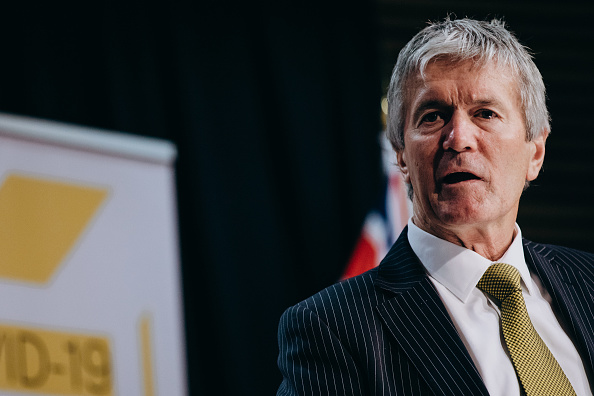New Zealand has initiated dispute settlement proceedings against Canada regarding its implementation of dairy tariff rate quotas (TRQs) under the Comprehensive and Progressive Agreement for Trans-Pacific Partnership (CPTPP), Trade and Export Growth Minister, Damien O’Connor announced today.
“Our priority is to ensure that New Zealand exporters have meaningful access to the benefits negotiated under CPTPP, and that all parties fulfil the commitments they have made to each other under the agreement,” Minister O’Connor said.
“New Zealand has notified Canada and other CPTPP parties that we believe Canada’s implementation of its dairy TRQs goes against the rules of the CPTPP.
“CPTPP sets high standards for all parties and it is important these standards are maintained to ensure that our exporters can benefit from the agreement in a way that is fair and commercially meaningful.”
The Minister said New Zealand considers the manner in which Canada is implementing its dairy TRQs to be inconsistent with its obligations under CPTPP.
He said it is impacting New Zealand exporters who are not able to fully benefit from the market access that was negotiated under the agreement.
“Many of Canada’s dairy TRQs remain unfilled and this represents a tangible loss to New Zealand’s dairy exporters.”
“The value to New Zealand of this lost market access is estimated to be approximately $68 million over the first two years, with this expected to increase year on year as the size of these quotas increase under CPTPP.
“New Zealand has an excellent relationship with Canada, who are one of our closest partners in the world. We have appreciated Canada’s engagement on this issue at different levels over a number of years and these proceedings will not come as any surprise to them.
“Occasionally even good friends disagree, and it’s for that reason dispute settlement mechanisms in free trade agreements such as CPTPP exist to provide a neutral forum for settling such disputes when they arise,” Mr O’Connor said.
New Zealand submitted its request for consultations to Canada earlier today. Canada has seven days to respond to New Zealand’s request, after which time the two parties will then enter into formal consultations to try and resolve the dispute. If the dispute remains unresolved after consultations, New Zealand can request a panel to adjudicate the dispute.
While New Zealand has initiated disputes in the World Trade Organization before, this is the first dispute New Zealand has taken under a free trade agreement, and the first dispute that has been taken by any party under the CPTPP.
“New Zealand is a strong supporter of the multilateral rules-based trading system because it delivers broad benefits to all countries,” Minister O’Connor said.



